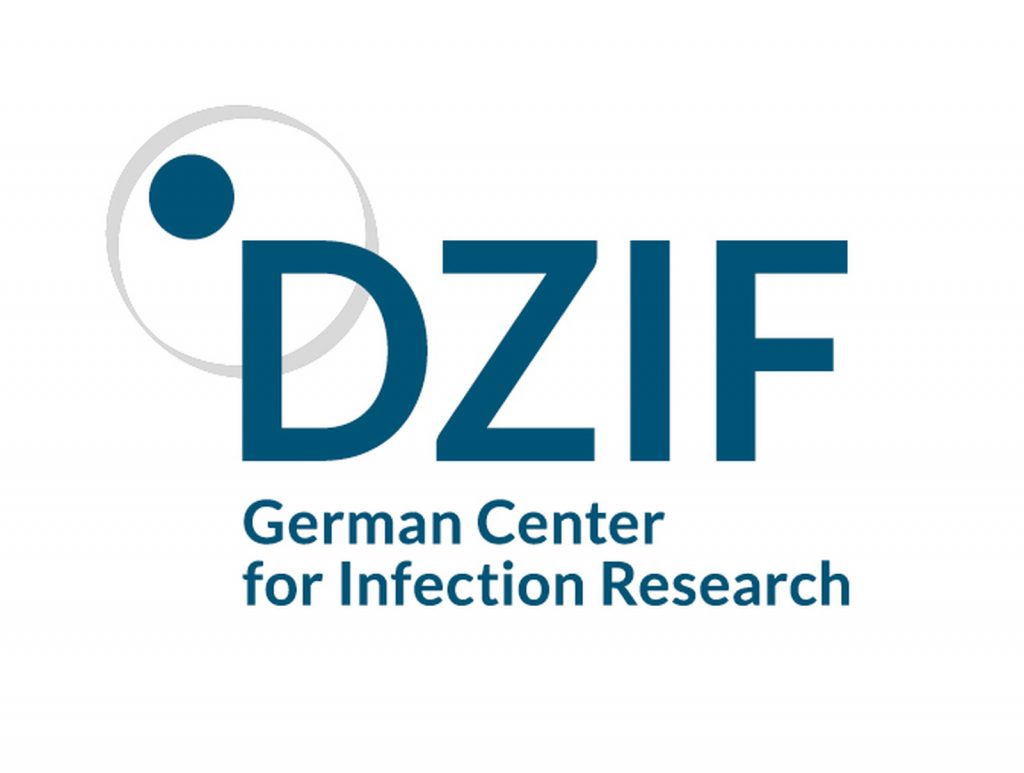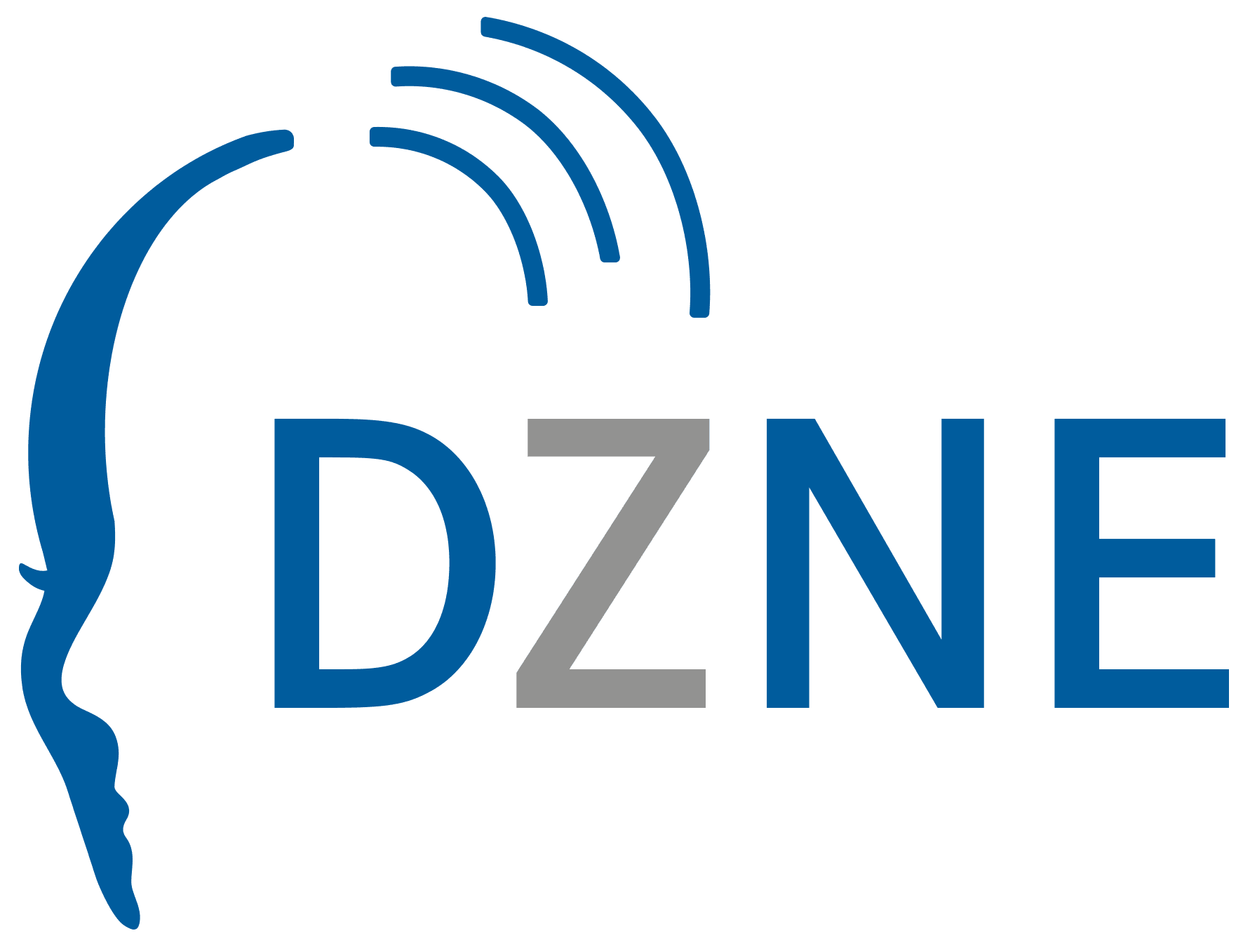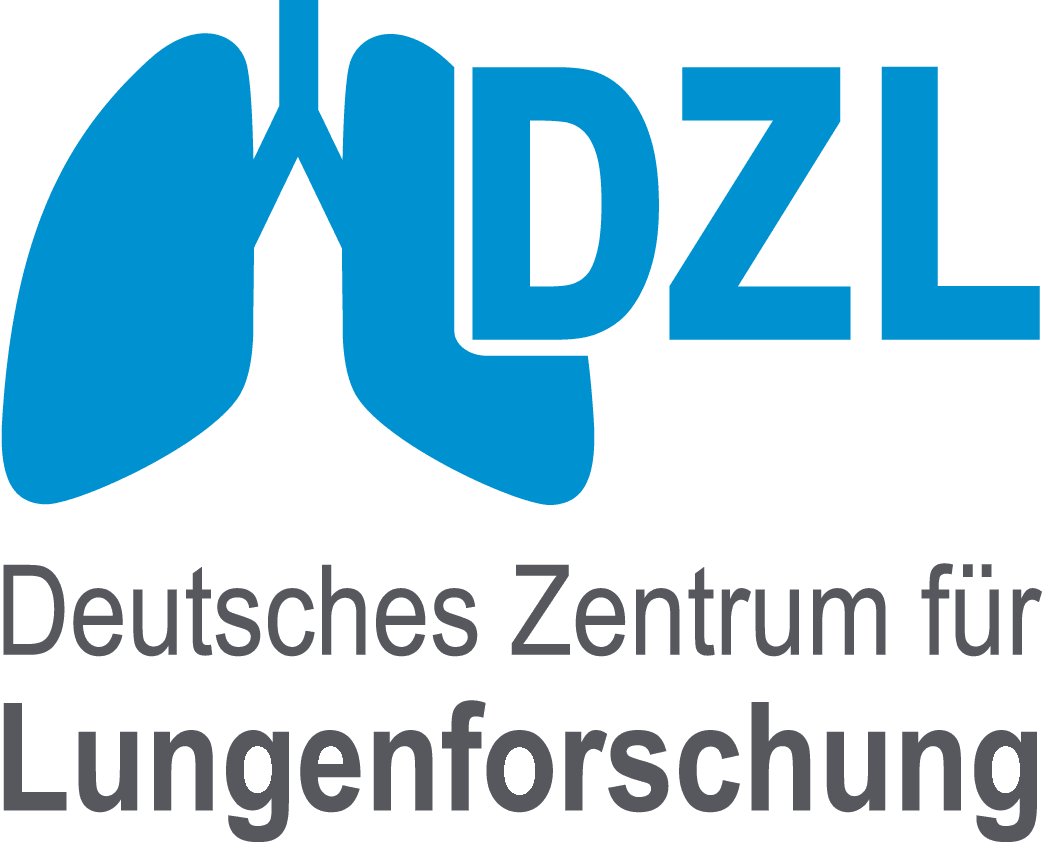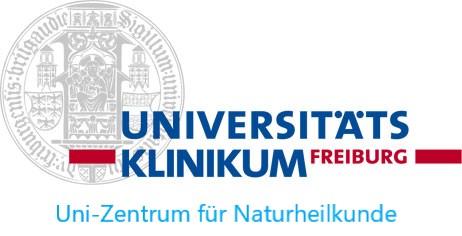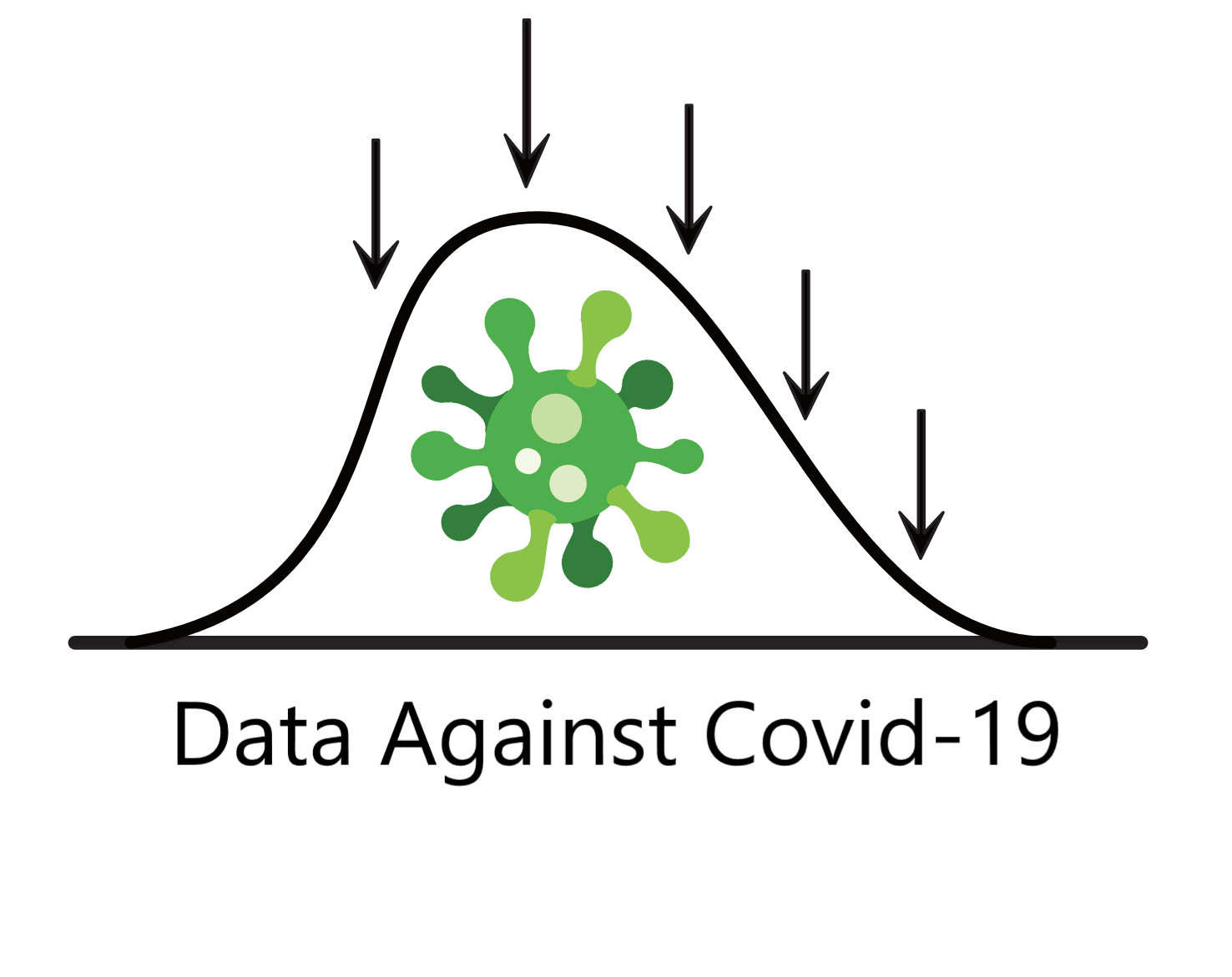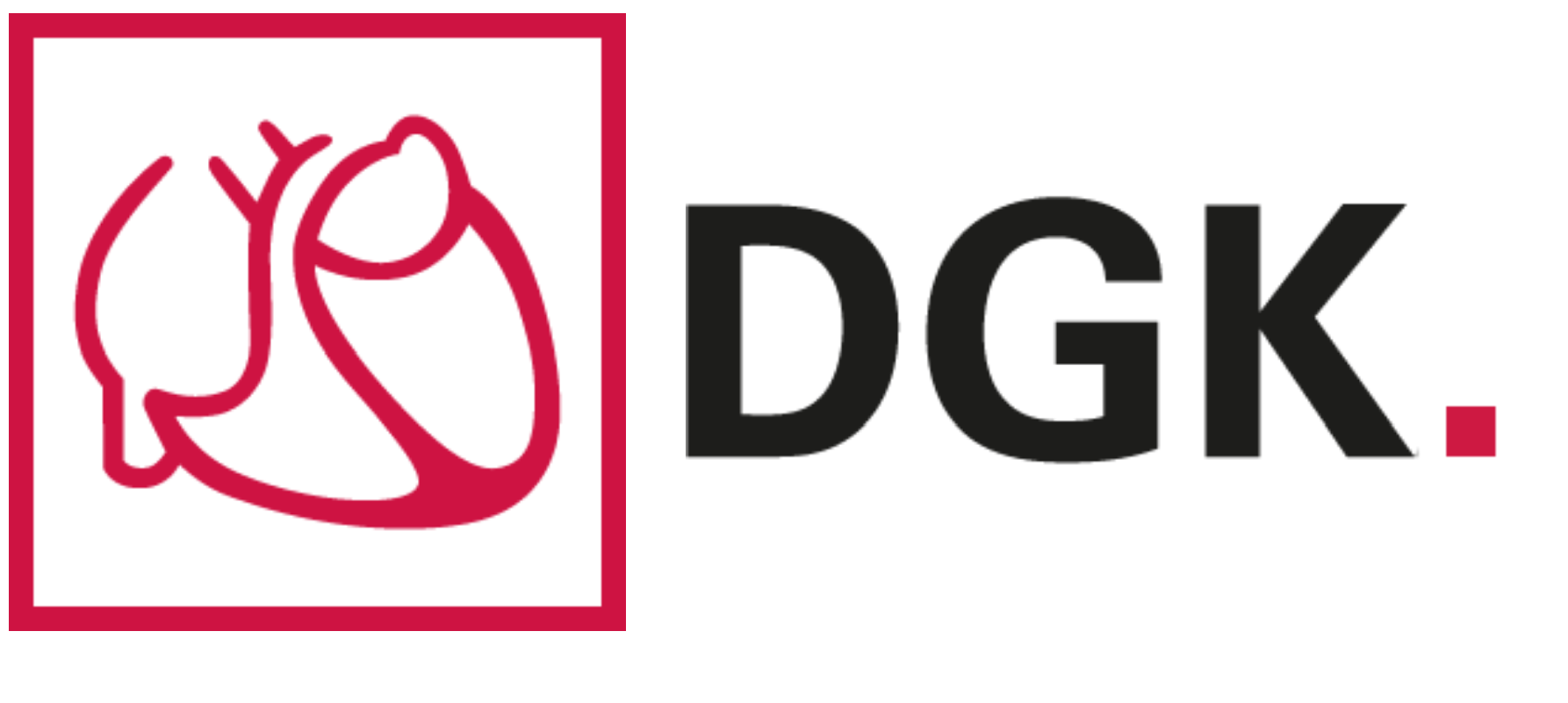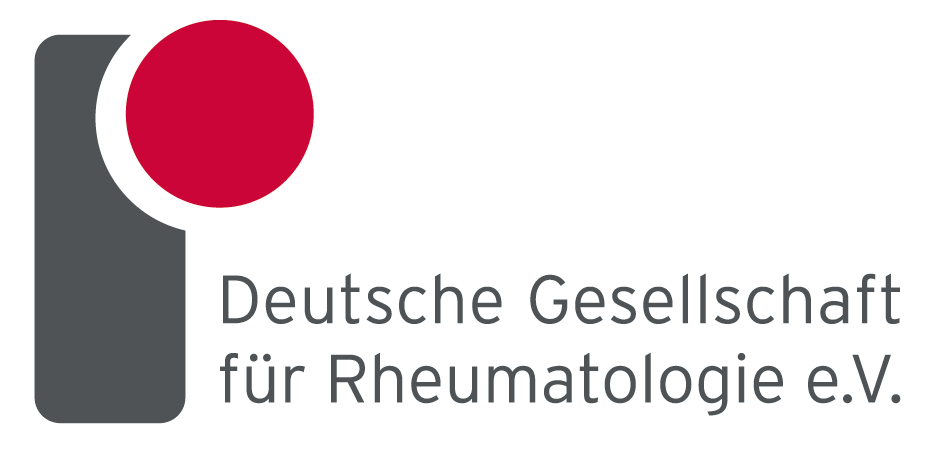- Studying SARS-CoV‑2 collectively -
By the beginning of March 2020, the new SARS-CoV‑2 was spreading rapidly. Mandated by the ESCMID Emerging Infections Task Force (EITaF) and supported by the German Infectious Disease Society we wanted to better understand the implications of the new virus on patients by systematically documenting patient data.
LEOSS Sites
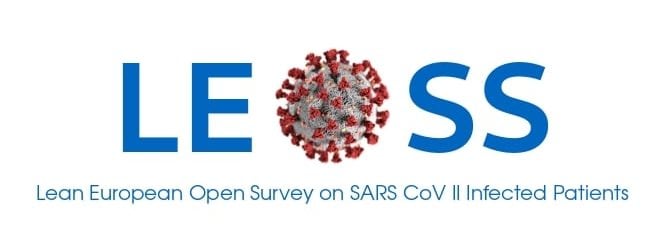
Why
The SARS-CoV‑2 pandemic was a major challenge for medical professionals worldwide, with a daily increase of new infections.
At the beginning of the pandemic, there was a gap of knowledge regarding the best possible clinical management of the infection as well as the prediction and prevention of severe outcomes.
How
We initiated the Lean European Open Survey on SARS-CoV‑2 (LEOSS) project, a prospective European multi-center cohort study, to get more in-depth knowledge about the epidemiology and clinical course of patients infected with SARS-CoV‑2.
Our goal was to establish a quick and simple register that allows anonymous documentation of patients. The study did allow retrospective inclusion of patients treated before the initiation of the study.
The obtained data can be used to identify independent predictors of outcome in patients with diagnosed infection by SARS-CoV‑2. The Data Use and Access Policy developed within the LEOSS community allows a dynamic and fast scientific use of the data while maintaining high scientific quality as well as responsible public communication
Variables
The eCRF ensured the documentation of the following items. It was regularly revised and adjusted in cooperation with medical societies and partners according to their expertise and updated information.
We are part of the MDM portal (Medical data model – medical-data-models.org). It’s a European meta-data register for the creation, analysis, approval, and reuse of medical forms. In order to enhance transparency, reusability, and comparability of different studies, the LEOSS data model with all data points being encoded via UMLS (Unified Medical Language System is available online now. You can find it here.

